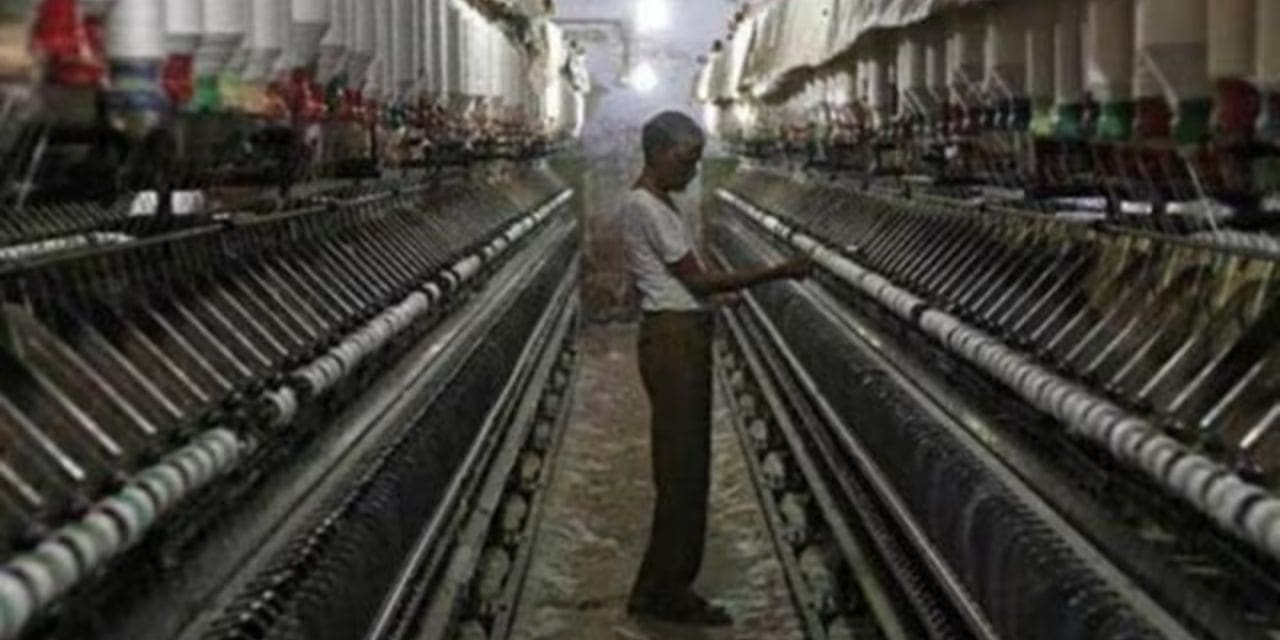In its pre-Budget memorandum to the Finance Ministry, the Confederation of Indian Textile Industry (CITI) claimed that the Quality Control Order (QCO) on essential input materials for the domestic textile industry is hurting jobs because it is making the downstream industry less competitive and making it harder to obtain raw materials.
Products without a Bureau of Indian Standards (BIS) mark are prohibited from being imported and sold by the QCO. However, the industry said that because of intensified lobbying by big corporations, the BIS certification procedure is burdensome for MSMEs and is facilitating the establishment of monopolies in the nation.
“India has imposed a QCO on man-made fiber (MMF) fiber/yarn, which is acting as a non-tariff barrier (NTB) on the import of such raw materials, thereby affecting their free flow, while competitors like Bangladesh and Vietnam have unrestricted access to such raw materials.” This has led to a scarcity of specialty yarn and fiber types, which has affected domestic costs as well.
The cost competitiveness of textile items produced downstream is being significantly impacted by the costly raw material. The livelihoods of the millions of workers in the sector are in jeopardy since the downstream segment has the highest employment elasticity throughout the value chain.

